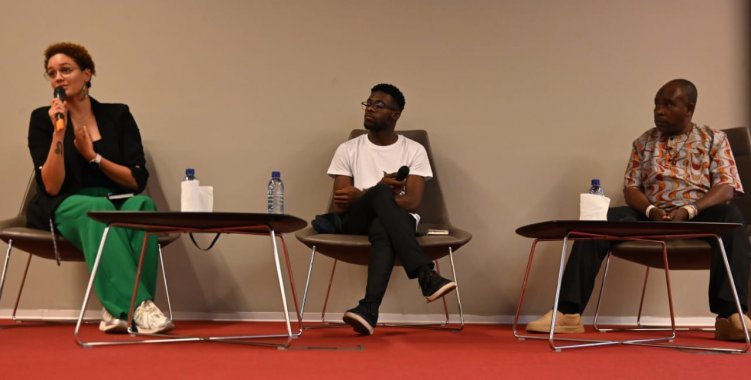Érica Tavares was speaking to the press on the sidelines of the international conference on the environment, with the theme “The Planet in Flames: Rights in Extinction”, promoted by Mosaiko - Institute for Citizenship and the Faith and Cooperation Foundation (FEC).
“Hunger is increasing, poverty is increasing and forests are the quickest and closest resource they have to survive, but there is also a lot of illegal logging, which leaves the forests and does not enter [financial resources] for the people. In other countries, the timber trade, when done legally, boosts the economy,” he said.
From 2001 to 2023, Angola lost around four million hectares of forests, on the other hand, afforestation does not occur at the same rate, said Érica Tavares when presenting the topic "Deforestation - Angolan Microsystem Mancha - Environmental Our Actions Internal and External Consequences.
"And every year the amount of forests we are deforesting is increasing, the population in Angola is growing, the needs are growing, we are only putting more and more pressure on these forests", said the EcoAngola advisor.
The main concern for Angola is in the northern part, which involves the forest in the border region with Congo, and the Miombo forest region, one of those that needs the most attention, which includes the provinces of Moxico, Bié and Cuando Cubango.
"It's one of the forests that we have to be very concerned about, because, unfortunately, deforestation is happening, information is not reaching people and when we wake up it will be too late", he highlighted.
The environmentalist defended more monitoring and application of the laws that exist, but also their improvement, because of the many companies in relation to which infractions are detected, “few are held responsible and those that are, the bonds are too low for the impact they have” on their activities, he highlighted.
Érica Tavares said that a study is underway to assess the extent of deforestation in Angola, whose current information is based only on satellite images.
“I am aware of some studies that are taking place, I am part of an organization that is carrying out a forest inventory of the Cubango Basin, and we will publish the results in November, with more concrete information, in collaboration with the Ministry of Agriculture and Forests” , he said.
Érica Tavares highlighted the importance of these studies - few yet - without which this monitoring, control and management of the problem is not possible.
The general director of Mosaiko – Institute for citizenship, Júlio Candeeiro, also referred to the problem of serious devastation of forests, due to the extraction of minerals such as diamonds and iron, and the impact of this human and commercial activity on communities.
Júlio Candeeiro said that the conference aims to contribute to, once the problem is identified, analyzing the responsibilities of each actor, so that communities have their rights respected.
“Because what happens in several extraction projects in Angola and other parts of the world is that concession contracts are drawn up, approved, very far from the communities, without information, without consultation and without even real sharing of the benefits of extraction for the communities most impacted by this activity”, he stated.
The general director of Mosaiko lamented that extractive practices in Angola are “oppressive, do not dialogue” and are not concerned with environmental sustainability, but with “making money”.
“Unfortunately, we have already started to pay the price for this irresponsible economy and it always starts with the poorest, those who have the fewest alternatives to deal with the heat, to produce in an alternative way, because our action on the environment is already harmful to all of them” , he stated.







